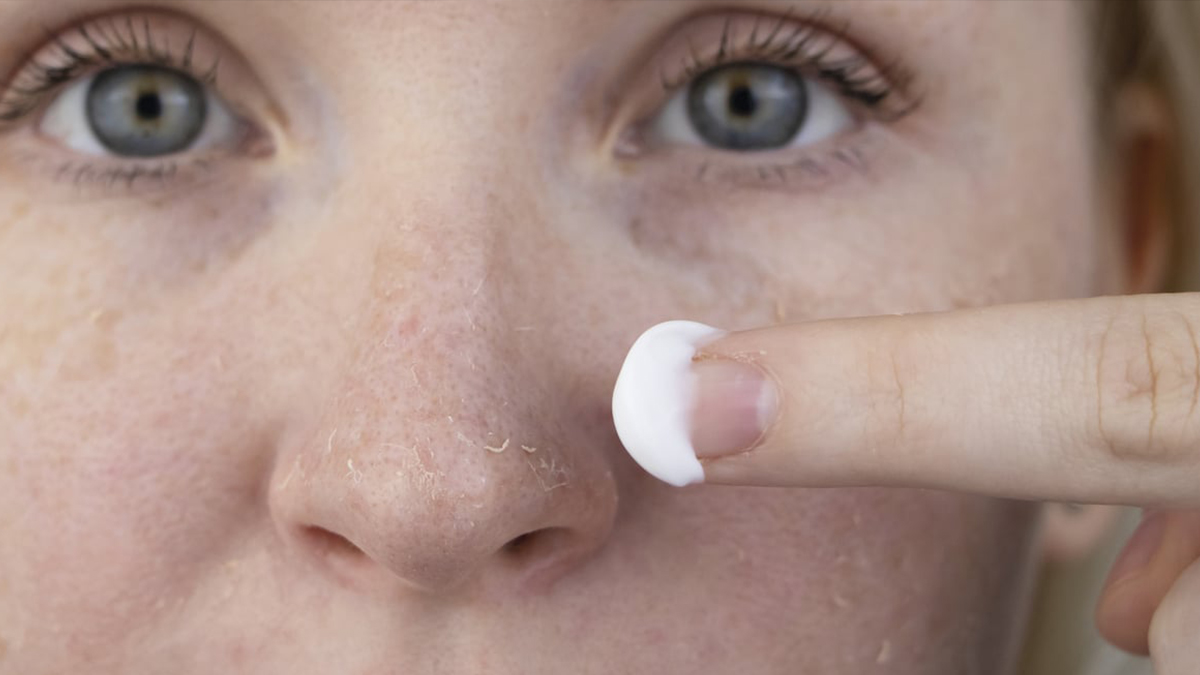
Have you ever observed how your skin changes with the seasons? If so, you have undoubtedly seen that your skin becomes drier and flakier throughout the colder winter months.
Cold air, dry indoor heat, low levels of humidity, and severe winter winds can all dehydrate the skin. This might cause your skin to appear significantly less luminous than usual, including your face, hands, feet, and other exposed regions.
Even when temperatures drop and you cannot escape the winter’s dry, cold air, there are steps you can do to maintain healthy-looking skin.
Winter skin dryness is not inevitable. You may be able to maintain your skin’s softness, suppleness, and vitality throughout the winter by modifying your skin care routine and habits and utilizing the appropriate products.
Let’s examine 5 tips that may help you improve your skin’s health during the colder months of the year.
Table of Contents
1. Moisturize
When you wash your face, hands, or body, you remove the natural oils from your skin. Because these oils aid to retain moisture, it is essential to replenish them. In the winter, it is especially necessary to use a moisturizer after washing your skin.
As a helpful reminder, consider keeping a bottle of moisturizer by your sink and a travel-size bottle with you at all times.
2. Apply Sunscreen
Given the shorter winter days and less sunlight, it may be tempting to eliminate sunscreen from your daily routine; nevertheless, you should refrain from doing so. Even in the winter, UV rays can still cause damage to your skin’s moisture barrier, which is essential for skin health and hydration.
Read More | Jazz weekly, monthly and hybrid internet packages
After applying a moisturizer each morning, apply a layer of sunscreen.
The American Academy of Dermatology suggests applying a sunscreen with a minimum SPF 30.
3. Use Overnight Treatments
Nighttime treatments are a fantastic method for reviving and preventing dry skin. Emollients are excellent moisturizers. However, because they are thicker creams, they may take longer to absorb into the skin.
By applying an emollient to your skin overnight, your skin will have the time it needs to absorb the treatment and the emollient will have time to refill your skin with the necessary moisture and oils.
If you are applying an ointment to your hands or feet, try wrapping them in a plastic bag or using gloves to prevent the emollient from spreading onto your linens or bed covers.
4. Adjust your Skin Care Routine
If your facial skin appears particularly sensitive or irritated owing to the dry winter air, you may wish to temporarily simplify your skin care routine.
Remember that your skin’s moisture barrier must be in good condition for it to respond favorably to serums, toners, and other cosmetic treatments.
Also, inflamed skin may be more sensitive to chemicals such as scent and alcohol. This implies that things that ordinarily feel nice on the skin may become irritating.
5. Use a Humidifier
Humidifiers restore moisture to the air, which is particularly useful during the winter months when interior heating is turned up. More humidity in the air can work as a natural moisturizing agent, thereby preventing and relieving skin dryness.
According to Harvard Health Publishing, a winter humidifier setting of 60 percent can replace the moisture in your skin’s outermost layer.



